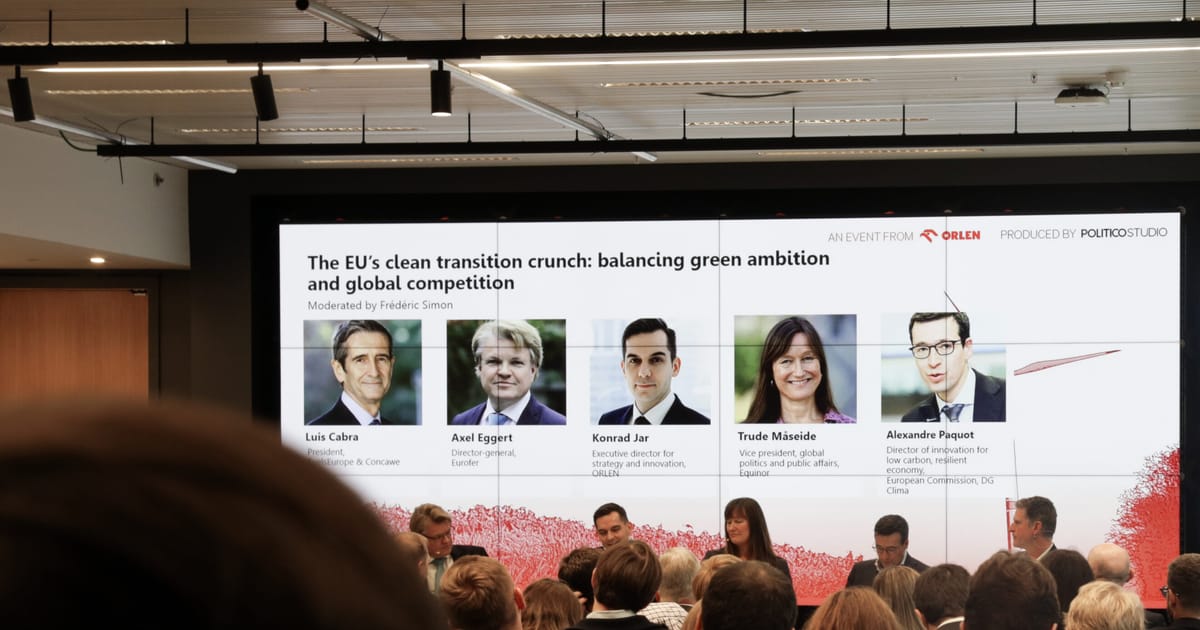

In today’s complex global landscape, Europe and the world at large are facing multifaceted challenges that intertwine energy security, economic policy, and transportation safety. As we explore these diverse issues, clarity and collaboration emerge as key elements in crafting sustainable solutions.
The European Union finds itself at a crucial juncture as it seeks to balance energy security with a commitment to a green revolution. As countries across the continent aim to reduce their dependence on fossil fuels, the discussion centers around whether it is feasible to simultaneously ensure energy reliability and move towards more sustainable energy sources. This dual focus necessitates strategic investments in renewable energy infrastructure and innovative technologies that support a greener future without compromising the continuity of energy supply.
In the economic arena, the European Union grapples with potential changes to its fiscal policy. Recently, a proposal by Ursula von der Leyen to impose a levy on corporate revenues has garnered significant attention but faced widespread scrutiny. The proposal, aimed at addressing economic disparities and financing European priorities, appears to lack the necessary support to move forward. This situation reflects the ongoing challenge of implementing fiscal measures that balance economic growth with equitable support across the Union’s member states.
On the international stage, safety and accountability are focal points in the wake of a tragic aviation incident in India. Air India has thoroughly investigated the fuel switches on its fleet of Boeing aircraft following a crash that claimed 260 lives. The findings indicated no issues with the fuel systems, shifting the investigation towards the actions of the plane’s captain. This development underscores the critical importance of comprehensive safety protocols and thorough investigations to ensure the safety and reliability of global air travel.
Concurrently, the financial sector is under scrutiny as new regulations are set to reshape the ‘buy now, pay later’ (BNPL) market. With the market reaching a substantial £13 billion, regulators are emphasizing the need for affordability checks, even on modest loans. This move aims to safeguard consumers and ensure that financial products remain accessible and manageable, reflecting a broader trend towards more comprehensive consumer protection in the financial industry.
As these narratives unfold, each sector exemplifies the interconnected nature of today’s global issues. By adopting a calm, deliberate approach to these challenges, policymakers, businesses, and individuals can work together to forge paths that honor both current needs and future aspirations. Collaboration, innovation, and vigilance are essential in navigating this evolving landscape, ensuring that progress is achieved with mindfulness and purpose.
Source: {link}
